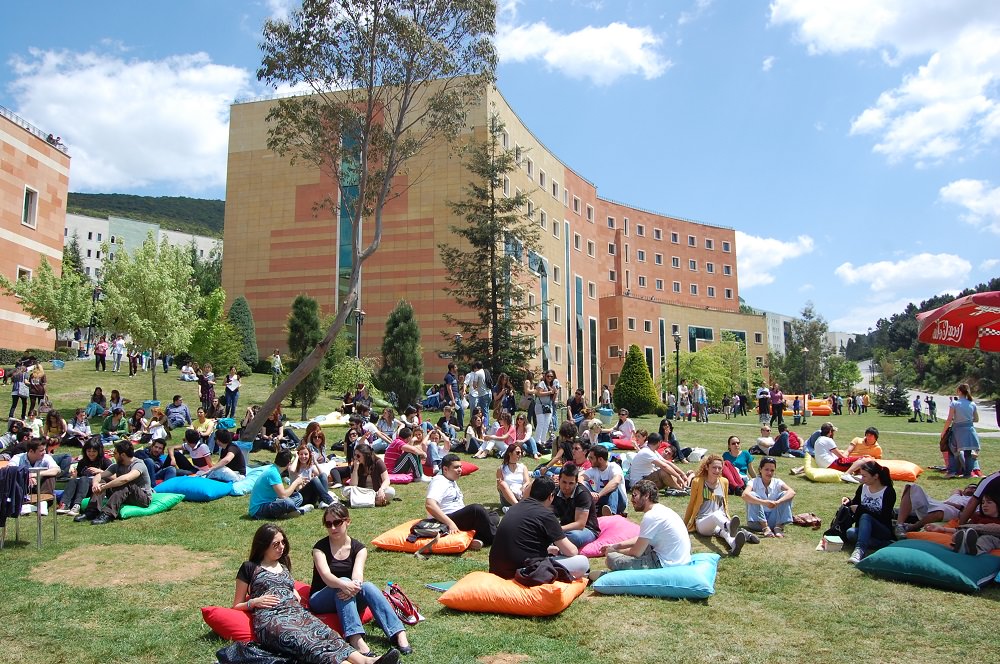Master's Program in Civil Engineering
About
The Civil Engineering Master's program consists of a minimum of 21 credits of course work and a thesis. Most of the course load consists of elective courses and provides expertise in many areas. These areas are: Structural Engineering, Geotechnical Engineering, Coastal and Harbour Engineering, Sustainable Environment and Construction Management. The knowledge and experience gained in this program provides the ability to follow and apply current developments in various fields of the construction industry and to provide solutions to the problems encountered.
The program aims to educate graduates who can produce solutions for extraordinary problems by specializing in any field of Civil Engineering; who are able to follow new applications in the world and lead the production and application of knowledge in the sector and who are competent to carry out post-graduate studies in academic programs.

Application and Admission
Civil Engineering Masters Program is open to any candidate that holds a Bachelor of Science degree in any engineering field of four years undergraduate program. However, the candidates may be required to take some preliminary courses. In order for an applicant to be accepted to the program, it is required for him/her to be able to complete the preliminary courses in two semesters.
Applications should be made to Graduate School of Science and Engineering within the dates announced by the institute.
For the documents required for application, check Application Process;
For further information, check the website of Graduate School of Natural and Applied Sciences.
Program Learning Outcomes
| No | Program Learning Outcomes |
| 1 | Attains knowledge through wide and in-depth investigations his/her field and surveys, evaluates, interprets, and applies the knowledge thus acquired. |
| 2 | Has a critical and comprehensive knowledge of contemporary engineering techniques and methods of application. |
| 3 | By using unfamiliar, ambiguous, or incompletely defined data, completes and utilizes the required knowledge by scientific methods; is able to fuse and make use of knowledge from different disciplines. |
| 4 | Has the awareness of new and emerging technologies in his/her branch of engineering profession, studies and learns these when needed. |
| 5 | Defines and formulates problems in his/her branch of engineering, develops methods of solution, and applies innovative methods of solution. |
| 6 | Devises new and/or original ideas and methods; designs complex systems and processes and proposes innovative/alternative solutions for their design. |
| 7 | Has the ability to design and conduct theoretical, experimental, and model-based investigations; is able to use judgment to solve complex problems that may be faced in this process. |
| 8 | Functions effectively as a member or as a leader in teams that may be interdisciplinary, devises approaches of solving complex situations, can work independently and can assume responsibility. |
| 9 | Has the oral and written communication skills in one foreign language at the B2 general level of European Language Portfolio. |
| 10 | Can present the progress and the results of his investigations clearly and systematically in national or international contexts both orally and in writing. |
| 11 | Knows social, environmental, health, safety, and legal dimensions of engineering applications as well as project management and business practices; and is aware of the limitations and the responsibilities these impose on engineering practices. |
| 12 | Commits to social, scientific, and professional ethics during data acquisition, interpretation, and publication as well as in all professional activities |
